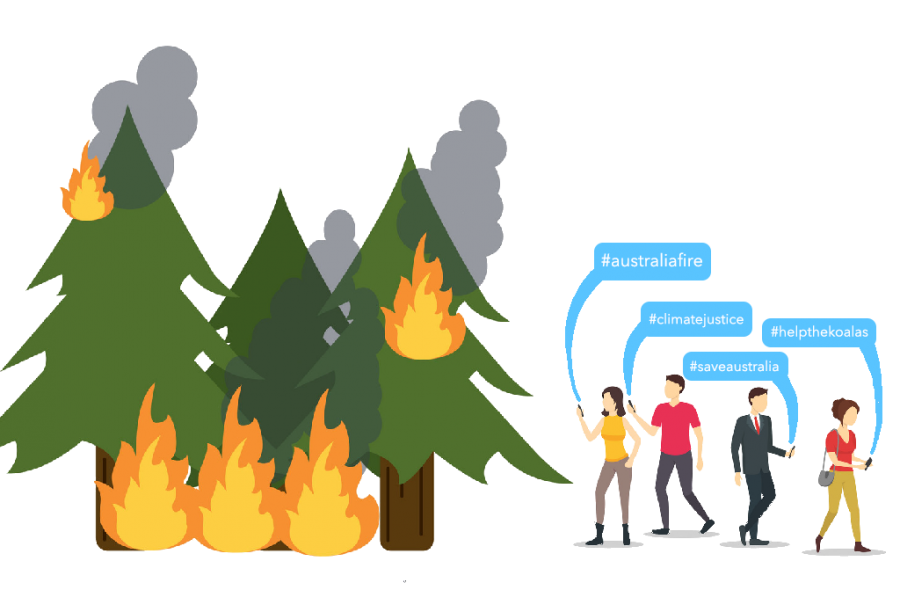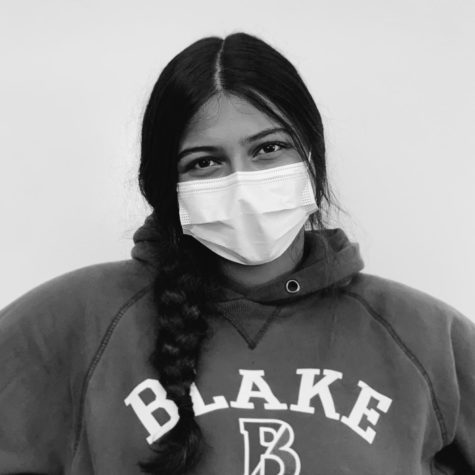Talking about politics can be awkward and tense, but the combination of excited students and diligent teachers creates political safe spaces. Social studies teacher David Graham shares how he broaches the commonplace topic of politics in his AP Gov class, “We do talk about ideologies and where people are and whether being either on one side, democrat, or the other side republican, if that is too limiting, it doesn’t get the nuance of what people actually believe.”
Fellow student Natalie Anderson ‘20, echoes this saying, “In AP Gov I think Mr. Graham does a pretty good job of presenting all the sides and we look at different videos and stuff and we talk about what we’ve learned individually and bring all of our thoughts together.”
Jon Dicus, Spanish teacher, also brings in politics into both his AP and Post-AP Spanish classes sharing, “In both my Spanish classes, it largely centers around just being aware of current events.”
Although Dicus doesn’t currently teach a social studies class, he shares that one of his main goals is to push students to consider an opinion that is not their own by “asking students to defend or present on a point of view that may not be their own but I think it’s healthy for students to have to at least entertain the idea and defend a point of view that is new to them.” Healthy debates like these allow students to understand other points of view, so they are well-educated about all areas of an issue.
Graham sees the change in students’ responses exercises in which they have to inhabit other perspectives saying, “More and more actually, [a student] may be a republican, but they’re willing to play a democrat in a simulation. They’ll say, “Yeah, I want to see the other side.’”
Despite this openness, both Graham and Dicus have dealt with tension in the classroom when discussing politics. This speaks to the current state of the nation, as political polarization is becoming more and more prevalent.
Graham shares that “Yes, there is tension talking about [politics] sometimes and usually it comes up when you don’t expect it to come up. And often it’s people making assumptions about what other people believe.”
Although discussions surrounding politics are becoming more and more common, it is clear that they need to happen more and there is still room for improvement in the quality of the conversations. According to Graham, “I think probably we don’t talk about policy and issues enough, we talk more about horse race stuff, like who’s winning, who’s losing, what’s the strategy behind this or that thing, versus what’s actually going to make people’s lives better.”
This is an unproductive way to discuss politics and does not root itself in the facts, rather these facts are overshadowed by personal opinions, beliefs, and desires. Blake is already discussing politics in a more healthy way and needs to continue to do so. This can present itself in a myriad of ways, including more exercises in which students research and defend viewpoints that may not be theirs and more assignments in which students have to research facts and keep up with current affairs in order to formulate ideas and drive discussions.







